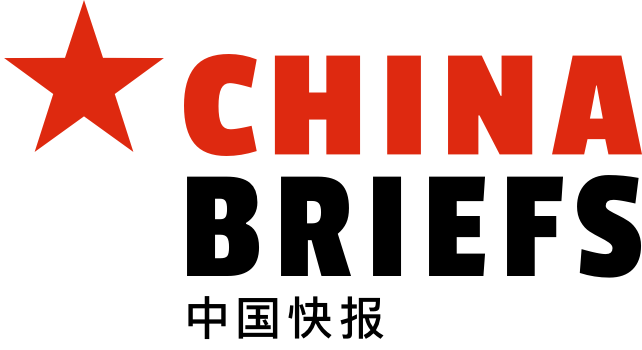Meituan - what you should know about that other Superapp in China.
By now, almost everybody outside China has heard of Alibaba and its various subsidiaries as they dominate the country’s online retail market for physical goods. But still few people really know the other player who is leading the way in services - Meituan.
Its namesake app is a mix of Delivery Hero, Grubhub, Expedia, MovieTickets.com, Groupon, and Yelp. The Beijing-based company has 600,000 delivery people serving 400 million customers a year in 2,800 cities.
Why is it important to become familiar with Meituan?
Because this might be the company that joins Alibaba and Tencent to form a new triumvirate of China’s internet to be known as ATM ushering in the end of an era and taking the place of lackluster Baidu in what was formerly known as BAT (Baidu/Alibaba/Tencent). Baidu’s revenue and profitability is steadily falling while Meituan is on the rise with now nearly twice the market cap of China’s once dominant search engine.
How did Meituan become a super-App?
To understand this better, we need to look back to 2010 when Meituan was founded as a Groupon clone by CEO Wang Xing with a strong focus on discounted food and dining. The name Meituan 美团 means “beautiful together”, a nod to the group-buying idea. The next three years were spent in a subsidy battle to dominate the group-buying segment of China’s internet, also known in China as the “1000 Groupon Wars”. By 2013 most competitors, including Groupon’s own China operations had shut down and for lack of a more profitable business model Meituan had started to pivoted from volume discounts for restaurants to direct food delivery. Here Meituan soon had to contend with equally tough competition from two other players in this growing market: Baidu Delivery and Ele.me In 2015 Meituan merged with Yelp-like Rating site Dianping and Wang Xing became CEO of the combined entity.
In 2017, Meituan launched new services in hotel booking, fresh goods delivery, and ride-hailing – as well as Zhenguo, a home-sharing app similar to Airbnb.
Typical China internet question: Is Meituan in the Alibaba or Tencent camp?
This one is difficult. Wang Xing took money from Alibaba in the early days but was burning it so fast that by 2015 Jack Ma was not willing to further fund the fast expansion and the subsidy wars with Baidu Delivery and Ele.me As a result, Wang Xing entered secret negotiations with arch rival Tencent for a 1bn USD financing round that Tencent led and Alibaba was given a 12-hour notice to either join or get out. Jack Ma was furious, retreated a Koo nd invested in competitor Ele.me and has been fighting the rise of Meituan ever since every step of the way. However, Wang Xing is not fazed. With a strong ally like Tencent granting exquisite traffic access within China’s other super-App Wechat, Meituan is seeing strong growth.
The company listed in Hong Kong in October 2018 without ever having generated a profit. But 2019 has been a bumper year for Meituan with two consecutive quarterly reports showing profits.
Some interesting stats:
An average driver makes 25 deliveries a day on a salary of 15-30 USD per day;
Meituan makes 20 Million deliveries daily (US leader Grubhub 500,000 per day)
China’s delivery market is huge at an estimated 800bn USD;
China has 156 cities with more than 1 Mio people (US has 10);
Deliveries in China cost an estimated 1 USD (5 USD in the US);

